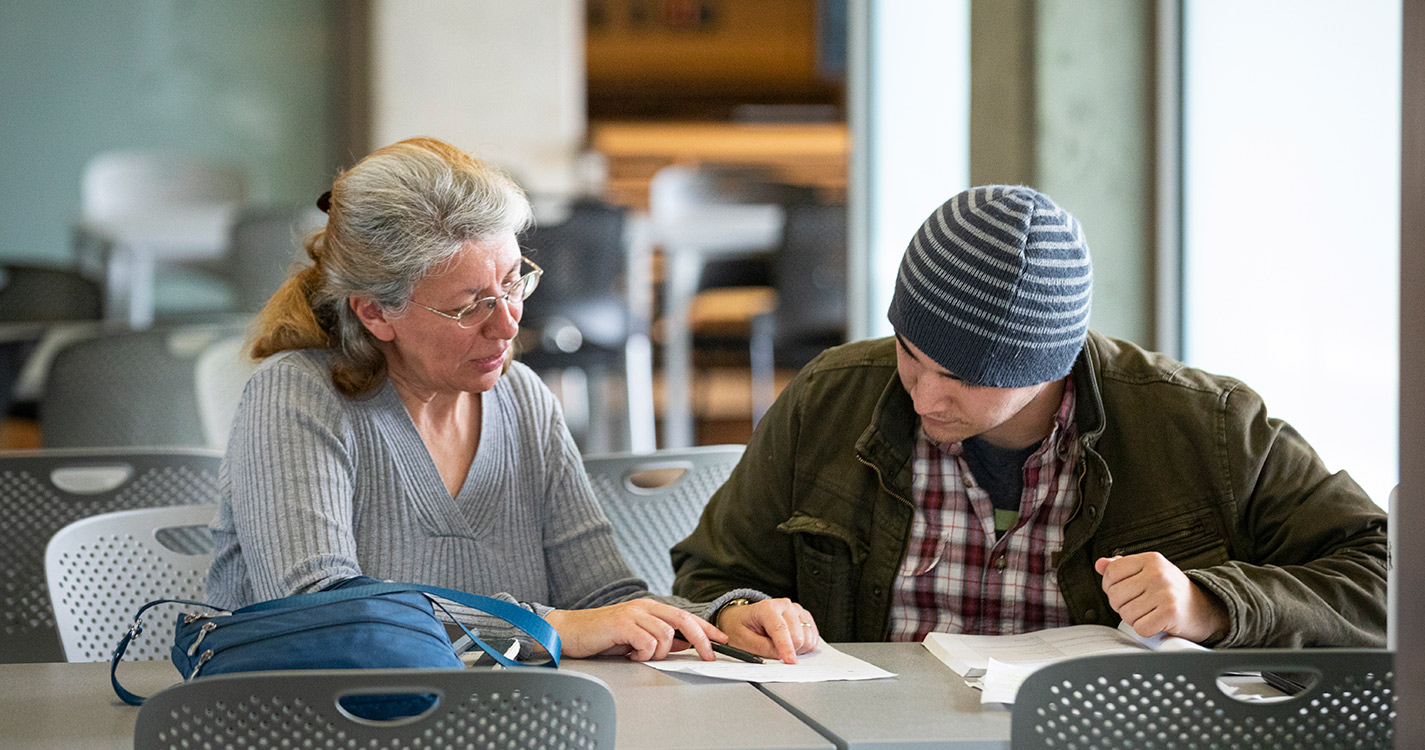You’ve started the Common App, you’re working on the essay — what about your letters of recommendation?
It’s easy to view these as an afterthought. After all, you’ve identified who you want to write the letters and reached out to them, right?
Not necessarily. When the goal is to distinguish yourself from dozens of students, every opportunity counts. And finding the right recommendation requires a little more effort beyond choosing an educator who likes you.
Willamette’s Dean of Admission Sue Corner cautions that many students simply select someone based on a subject they’re most passionate about, like music or art, but it’s important they also include at least one reference from a core subject teacher, such as math, English, history, science or foreign language.
“Often, those non-core classes don’t require the same level of rigor or academic expectation as core subjects, and through those letters we’re really trying to gauge an additional sense of the student’s academic preparation,” she said.
Some circumstances, however, support using a non-core reference. If you want to major in exercise science, and you were inspired to do that because of high school health classes, a health teacher is a fine source, said Corner. And while that letter is not the only one you should submit, don’t go overboard and send 10 letters, either.
Flooding admission officers with paperwork doesn’t guarantee you’ll be noticed. In fact, it may have the opposite effect and weaken your application, said Corner.
“A couple of really well-chosen letters from an upper division teacher — not someone who only had you as a freshman — is the way to go,” she said.
Sometimes it’s hard to identify who to ask for recommendations, especially if you don’t feel comfortable with any particular instructors or counselors. Start by connecting with your teachers early on if you can. If nothing comes to fruition, be thoughtful and think ahead about how you want to approach someone.
“Ask with a caveat — ‘I know you don’t know me well, but I’d really appreciate your help’ — and emphasize how you feel strong about the subject and teacher,” she said.
If references aren’t a problem, the best thing to do is ask in advance. Great teachers will receive a lot of requests for letters, and they need time to respond.
“You can’t ask the day before it’s due,” she said. “Sometimes, it will come through in the letter and the reference will write, ‘The student didn’t give me time,’ which can nullify any positive things the reference goes on to say.”
If you’re uncertain a teacher knows you well enough to write a good letter, she suggests sharing your resume or an outline of your interests. The reference can then personally address your background in the letter.
“Whether it’s a teacher or counselor, it’s helpful to give them specific information. It’s also a good reason to build a portfolio of your work experience, activities and achievements before you enter this process,” she said.


